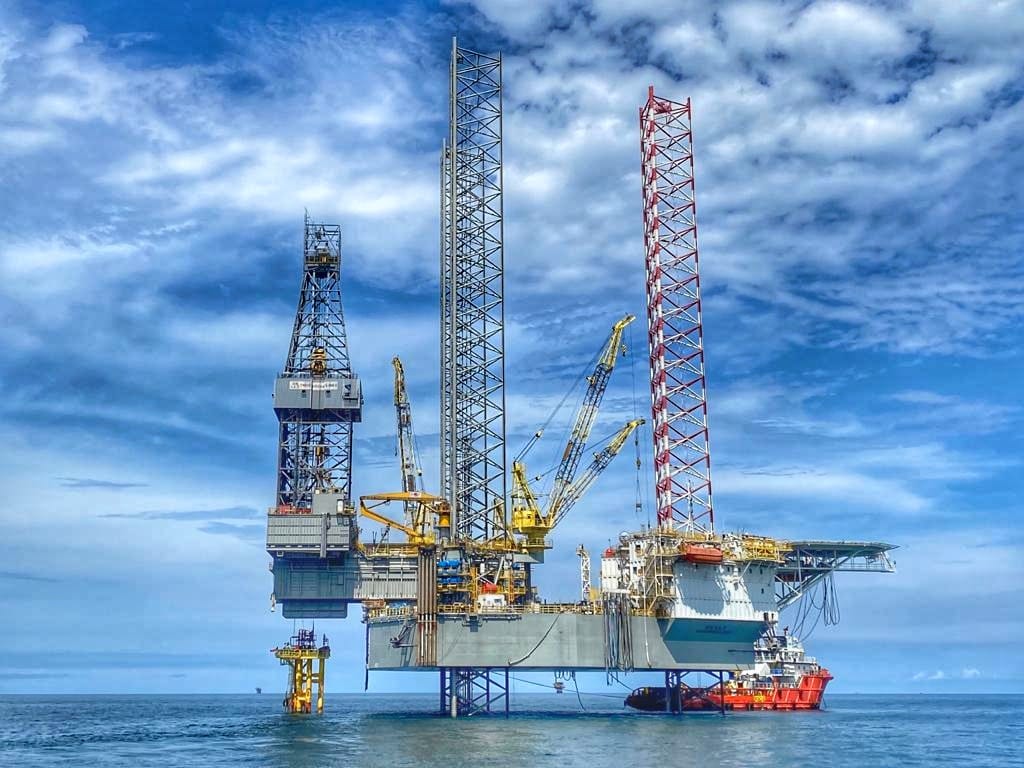Indonesia affirms to continue oil and gas industry

Jakarta (Indonesia Window) – The Indonesian government has emphasized that it would not leave the upstream oil and gas industry in the midst of the global trend that continues to develop renewable energy, an official has said.
“The upstream oil and gas sector will not be abandoned because this industry is also one of the Indonesia’s economic pillars,” Minister of Energy and Mineral Resources Arifin Tasrif said at the 2nd International Convention and Indonesian Upstream Oil and Gas 2021 (IOG) in Badung district, Bali province on Monday (Nov. 29).
Arifin explained that Indonesia, which is one of the supporting low carbon countries, is committed to achieving carbon neutrality by 2060 or sooner, and is also working on increasing the development and use of renewable energy resources.
During this energy transition period, some matters should be taken into account, including reliability of renewable energy resources which requires technology to cope with their intermittency.
The low-carbon upstream oil and gas industry is expected to become an energy source during the transition period, Arifin said, adding that the low-carbon upstream oil and gas industry is the vision of the fossil fuel industry in the future transition era.
“The use of the upstream oil and gas sector is quite large, both in terms of percentage and value. For instance, in 2020 the use of national capacity is 57 percent with a procurement value of around 2.54 billion U.S. dollars,” he noted.
A study from the University of Indonesia in 2003-2017 show that the impact of upstream oil and gas businesses continues to increase.
The upstream oil and gas industry, which was initially designed to generate maximum state revenue, was later developed into a driving engine for its supporting activities, such as in the sectors of banking, hotels and others.
Arifin pointed out that in general calculations, each investment of one U.S. dollar generates an impact of 1.6 U.S. dollars that could be enjoyed by the supporting industries.
In addition to having a direct impact, the upstream oil and gas industry, especially natural gas, would also support the energy transition in Indonesia.
The Indonesian government will develop gas to replace coal energy which produces more carbon and increases consumption of natural gas significantly in the future.
“The oil and gas field still needs to be developed. The existing potential should also be explored to ensure the availability of energy in the future. Even the potential for non-conventional oil and gas fields should also be explored, in order to meet future needs,” said the minister.
The ministry calculated that natural gas reserves in Indonesia reach 62.4 trillion cubic feet with proven reserves of 43.6 trillion cubic feet.
Natural gas was chosen as a support for the energy transition because it is easy to distribute and store, and is a low-carbon source.
Data from the Intergovernmental Panel on Climate Change (IPCC), natural gas produces only 469 grams of carbon dioxide per kilowatt hour (kWh). This emission is lower than coal which reaches 1,001 grams of carbon dioxide per kWh and petroleum at 840 grams of carbon dioxide per kWh.
Reporting by Indonesia Window










